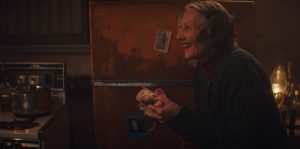
I wanted to know where you guys shot this. Because something that I loved about the location is that it could be nowhere and it could be everywhere. You know what I mean? It’s just very ambiguously familiar.
Right. I’ll say the initial impetus was in shooting in New England was because Dan is from there. I was born in Boston, but I didn’t grow up there. Dan was born and raised there and lives there still, and has a number of connections in places he’s shot before. We were able to use that to our advantage in cutting costs, sustaining this Gothic effect, and building off of that. I think many people expect, whether or not you refer to it as hillbilly horror or backwoods horror, you might expect that it would be shot in someplace like West Virginia, or Alabama, or somewhere in the South.
And I think there’s a lot to be said for New England in terms of its natural beauty and the landscape and the visuals of the landscape, and what’s available to you both visually and in terms of the sounds, the natural audio of the area. It was closer to where we are.
Most of us are from New York, so it was closer to where we lived, and it was easier to get to and bring people to. For the most part, most of the cast was based in New York or was based in New England. Then, I gradually realized that New England is often thought of in more sophisticated terms. People have country homes in New England, and there’s a lot of history there, but I liked the idea of there being that reputation. But then this family having this very dark and dirty corner that they inhabited that they were able to create their own world out of, and the textures that allowed.
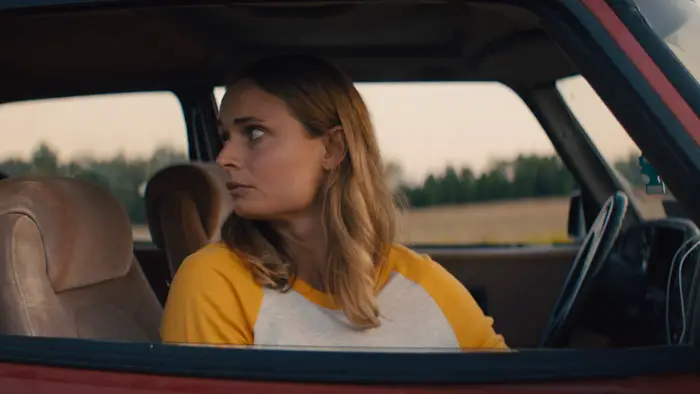
“…you can sort of do whatever the hell you want. If you’re working in genre, then that’s especially true.”
I also kind of love it because I’m from the South, and I’m like, “Well, haha. Not just us!” I live in New York now, though, but I’m from Georgia. Were you always thinking of Barbara Kingsley for the role of Karen, because she was just amazing. If you want to talk about working with her a little bit, that would be great.
Yeah. I know we got fortunate with Barbara. I think we’d been auditioning for casting for Karen for maybe more than a month, maybe a couple of months. By the time we got Barbara in a room, I actually was connected to her through a friend of my mother’s who did a lot of work with her at the Guthrie and Minneapolis where she is. She’s really well-renowned there and is obviously very seasoned as a theater actress. The minute she stepped through the door and read those first couple of lines, we realized that we had our Karen, and it’s just one of those things where she carried Karen so effortlessly and so quickly.
Once we got on set, and we’d got to rehearsing, which we didn’t have a lot of rehearsing time, but once you’re on set, she was just able to access things in her body, in her face that I hadn’t seen before. She was able to adapt to the backstory, and the backstory that I gave her would affect how she walked, and it would affect her speech patterns and affect her looks. It was really fun to watch her inventing Karen out of the seed that I gave her.
I wanted to know how you worked together with John Mehrmann on the score or what the collaborative process was there. The score was one of the most effective parts of the film, and it really tied everything together.
Yeah, he worked on Dan Kennedy’s feature that Dan actually directed, and he’d sent me some single tracks from the film, and I just loved them. I even wanted to steal those tracks for some of the scenes. And then he came on set, John, and got a feel for the landscape and auditory effects that the area has.
Then we sort of just got to working mostly through email and phone because he lived in Massachusetts at the time, and I was in Brooklyn. I really wanted to start with something that sounded a bit like a band saw, like The Cuckoo’s Nest score. He was so good at inventing sounds or expanding on the sound of an actual instrument and creating his own instrument, whether he used his body, which he often did. He’d used his stomach, his cheeks, or using a children’s xylophone or piano wire. He’s very resourceful and very creative and knows everything about music. He also worked in church music for a while and is both a great composer and a great performer.
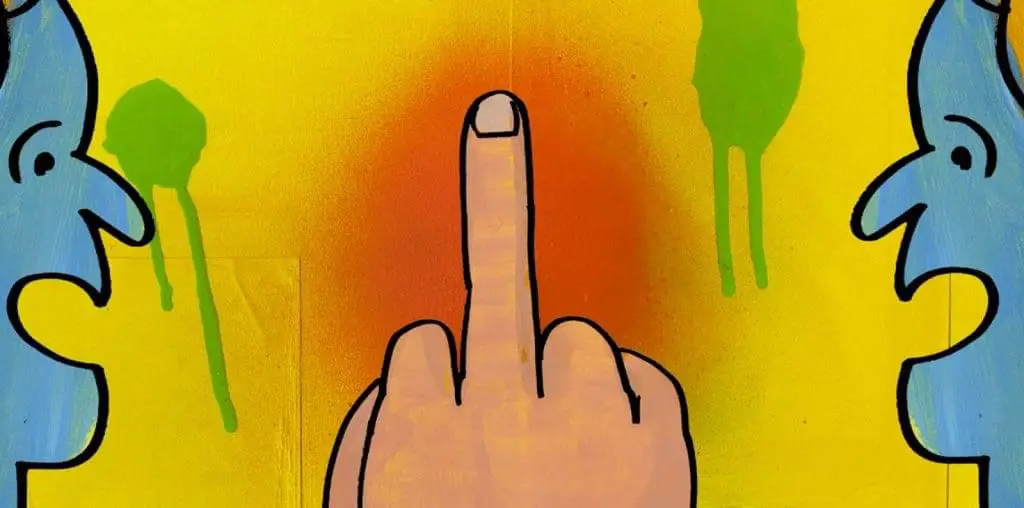
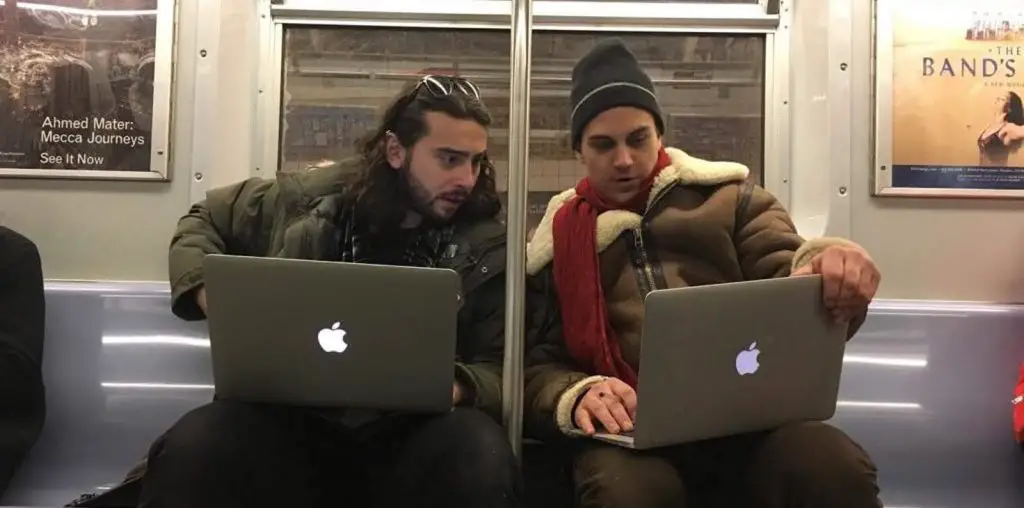
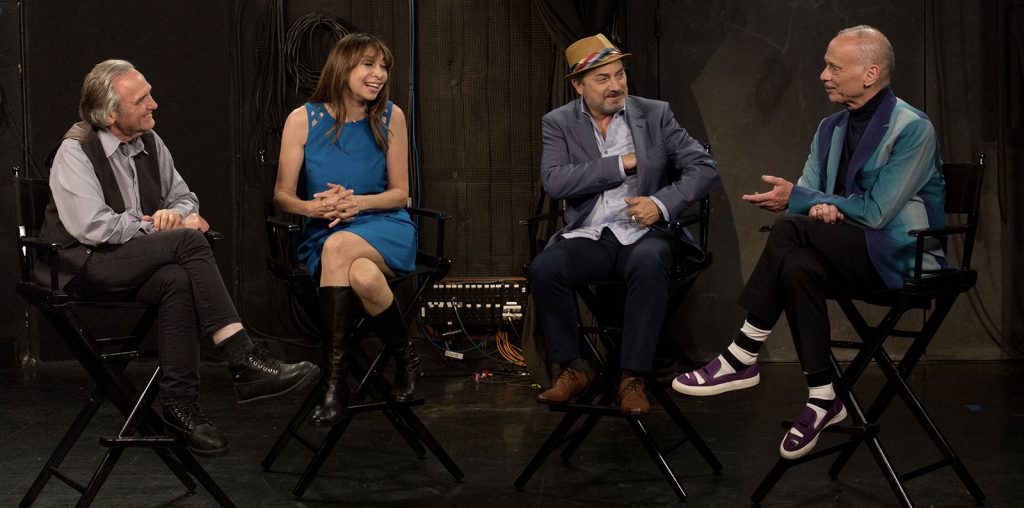
This film is going down in horror history as a dark humorous, sick and depraved nightmare. And for true horror fans, you will find quite entertaining. Original to say the least.